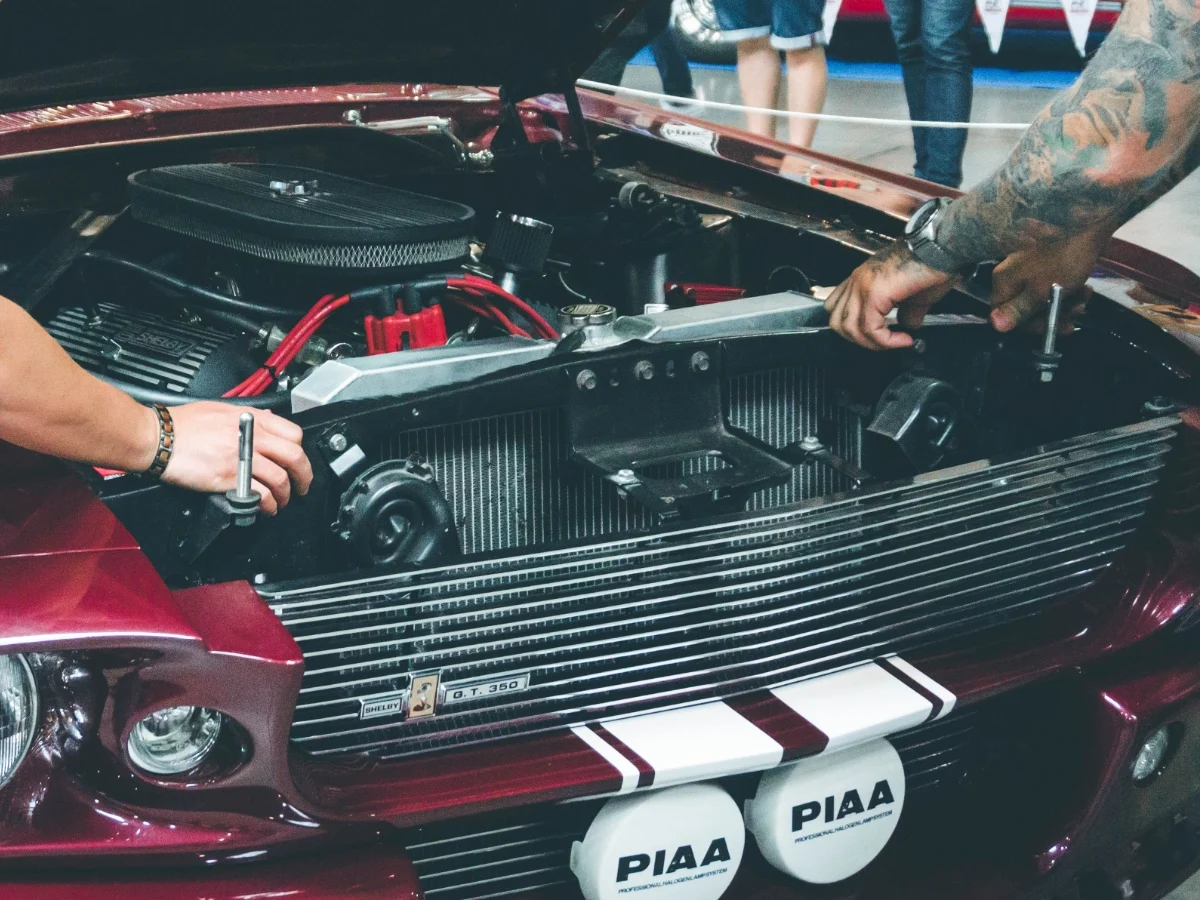In the world of fashion, the term “bespoke” is synonymous with meticulous craftsmanship and individuality. Originating from the streets of Savile Row in London, bespoke clothing represents the pinnacle of personalized attire, where every detail is custom crafted to meet the specific preferences and measurements of the wearer. This article delves into what bespoke means in the context of clothing, exploring its history, process, and why it remains a coveted choice for those seeking unparalleled fit and exclusivity.
The Origins of Bespoke Clothing
The term “bespoke” itself is derived from the verb “bespeak,” which means to “speak for something,” or in this context, to give an order for it to be made. The tradition began in the tailoring practices of the 17th century, particularly in London, where tailors would create clothes that were literally “spoken for” by an individual. This practice distinguished bespoke garments from ready-made or off-the-rack items, which were made in standard sizes and sold to the general public.
The Bespoke Process
Bespoke clothing is celebrated for its elaborate and highly personal process. Here’s what typically goes into creating a bespoke garment:
- Consultation: The process begins with a consultation, where the client meets with the tailor to discuss their needs, preferences, and style. This is an in-depth conversation that covers everything from the purpose of the garment to specific design preferences and any particular needs the wearer might have.
- Measurement: Precision is key in bespoke tailoring. The tailor takes comprehensive measurements of the client’s body. Unlike made-to-measure garments where adjustments are made to a pre-existing pattern, bespoke tailoring involves creating a unique pattern for each client.
- Fabric Selection: Clients choose from a range of high-quality fabrics. The choice of material affects not just the appearance but also the feel and the function of the garment. Tailors often provide expert guidance on what fabrics are best suited to the client’s lifestyle, climate, and the garment’s intended purpose.
- First Fitting: After the initial measurements and fabric selection, the tailor creates a rough version of the garment, often using a cheaper fabric to perfect the fit. This stage allows the tailor to make adjustments to the fit and style before the final garment is constructed.
- Subsequent Fittings: Depending on the complexity of the garment and the precision required, there may be multiple fittings. Each fitting refines the garment’s fit, ensuring that the final product will be perfectly tailored to the client’s body.
- Final Adjustment and Delivery: The final adjustments are made following the last fitting, and the garment is finished and delivered. This last step often includes fine detailing and finishing touches that enhance the garment’s aesthetics and durability.
The Significance of Bespoke Clothing
- Unmatched Quality: Bespoke clothing is synonymous with quality. Tailors use the highest quality materials and techniques to ensure that each piece is well-constructed and durable.
- Perfect Fit: The most evident benefit of bespoke clothing is its perfect fit. Tailored to the individual’s exact measurements, bespoke garments enhance the wearer’s physique and increase comfort.
- Personalization: Bespoke allows for extensive personalization, from the choice of fabric, buttons, and stitching, to the cut and style of the garment. This makes each piece unique and reflective of the wearer’s personal style.
- Timelessness: Bespoke garments are timeless. They transcend seasonal fashion trends, focusing instead on classic style and quality that lasts.
Bespoke clothing represents the epitome of personalization in apparel. It’s a perfect blend of tradition, craftsmanship, and individual expression. While it comes at a premium, the investment reflects not just in the quality and fit of the clothing but in the wearer’s confidence and satisfaction. For those who value these aspects, bespoke clothing is not just a choice but a lifestyle statement.





